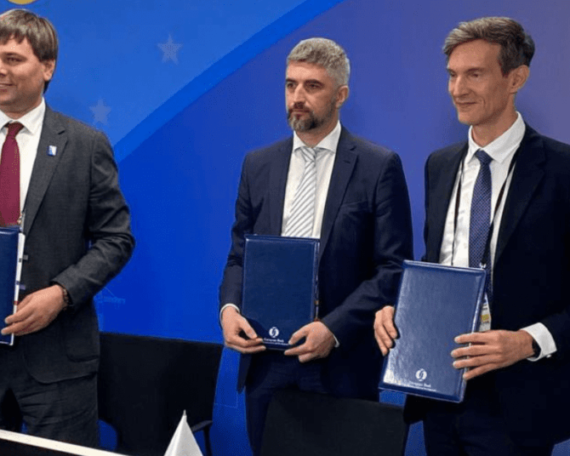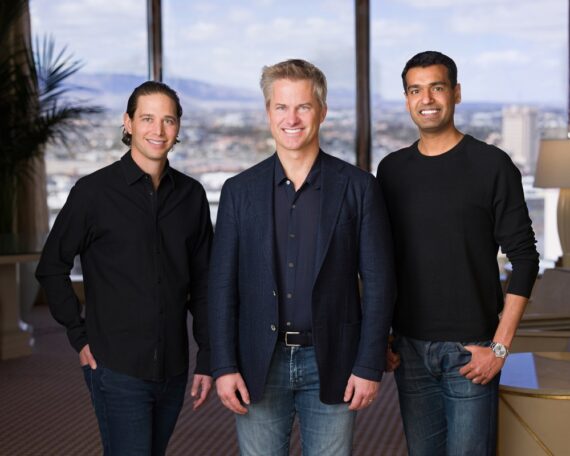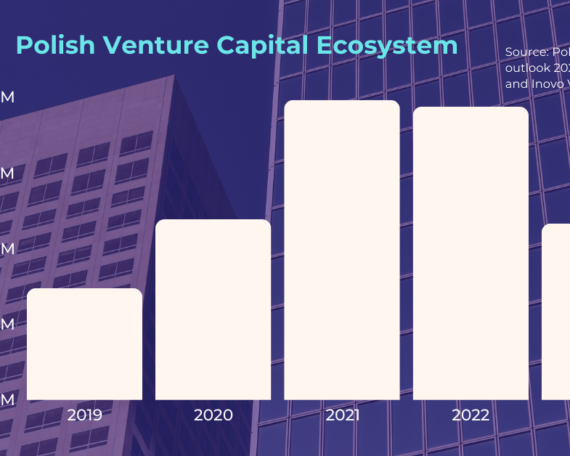Rob Moseley, of Moseley Marcinak Law Group, says that “too many emails in the office can also be sought by the opposing party.” You’ll have to keep your emails forever if you send them around the office. (Truckload Carriers Association)
Stay up to date with the latest transportation news by receiving TTNews directly in your email. ]
INDIANAPOLIS – When a trucking firm anticipates or becomes involved in serious accident litigation the C-suite executives may want to remember that their company lives in a “glass house”.
According to Rob Moseley a trucking attorney who has spent a lot of time defending carriers and preventing their data and records from falling into the hands of plaintiff lawyers. It’s not that the competition between specialized truck accident lawyers is easy.
Moseley Marcinak Law Group, based in Greenville, S.C., is the founding member of the Moseley Marcinak Law Group. He spoke at Truckload Carriers Association 2024 Safety and Security Meeting on June 3.
RELATED : Truckers Urged To Get Vocal On Regulatory Challenges
Moseley said there is a good chance that a trucking attorney’s opponent could be a member of the Academy of Truck Accident Attorneys, a large and notorious group with hundreds of attorneys who represent plaintiffs. The members include law firms with names like “The Truck Accident Law Firm”, “The Law Firm for Truck Safety”, “California Truck Injury Law” and Truck Wreck Justice.”
To be part of the group plaintiff attorneys must impress its leadership and have passed a “rigorous testing process” to ensure a high level of knowledge, expertise and capabilities in the specialized field of trucking litigation.
Corey Cox, of the Tandet Group, discusses how early AI users are beginning to reap the benefits of the latest wave. Tune in above or by going to RoadSigns.ttnews.com.
These litigators aren’t your typical billboard truck accident lawyers who tend to churn out cases quickly, instead seeking out-of court settlements that are more moderate than large nuclear jury verdicts.
Moseley said, “They work very hard.” “They spend a great deal of time working together.” They have focus groups together. They have mock trials together. Some members have spent two weeks in Montana studying intensively to obtain their CDL.
Moseley said that one of the biggest challenges truckers face is that plaintiff attorneys can easily obtain so much data from motor carriers. There are 17 sites that offer a variety of data files from the Federal Motor Carrier Safety Administration. These are files that carriers must provide. These include information on licensing, insurance, and Compliance, Safety, Accountability programs.
“There are now Plaintiff Attorneys that are subscribing these databases, which I do not think is a good thing,” Moseley said.
Moseley’s film star cop is not the hero. “My hero” is a protective order, he said.
If we are going to litigate in these cases, then we need to protect all of our data.
Rob Moseley, Moseley Marcinak Law Group
“The idea is, if we’re litigating these cases, we have to protect our data,” said he. “And if the data is not protected by a protective order and is produced, then it will be shared with plaintiff attorneys.”
“You guys need to be sophisticated legal buyers. If you are in litigation, make sure that your lawyers ask for protective orders before you release information. Hire an attorney early to protect certain records as work products.”
Moseley said that it is probably not a good thing to create reports that a plaintiff’s attorney could request. “Also, the opposition can also seek out too many emails within the office. Emails that you send around the office will remain there for eternity. Nobody really cleans up their emails. They never really disappear. They’re forever.”
He said, “You’re violating your retention policy when you send stuff in email.” If your policy states that you can only keep documents and data for six-months, then get rid of them after six months.
Moseley acknowledged that truckers have the right to write or create their own policies regarding how long they keep documents. If a carrier adheres to a written retention policy, a court will likely show deference.
Moseley advised: “But be sure to destroy it within 90 days.” “For example, you may say that you will keep a document for 90-days, but if FMCSA does not require you to keep it any longer, the judge would likely tell the plaintiff’s attorney that they got rid of the document after 90-days. You can’t even see it.
Read More







